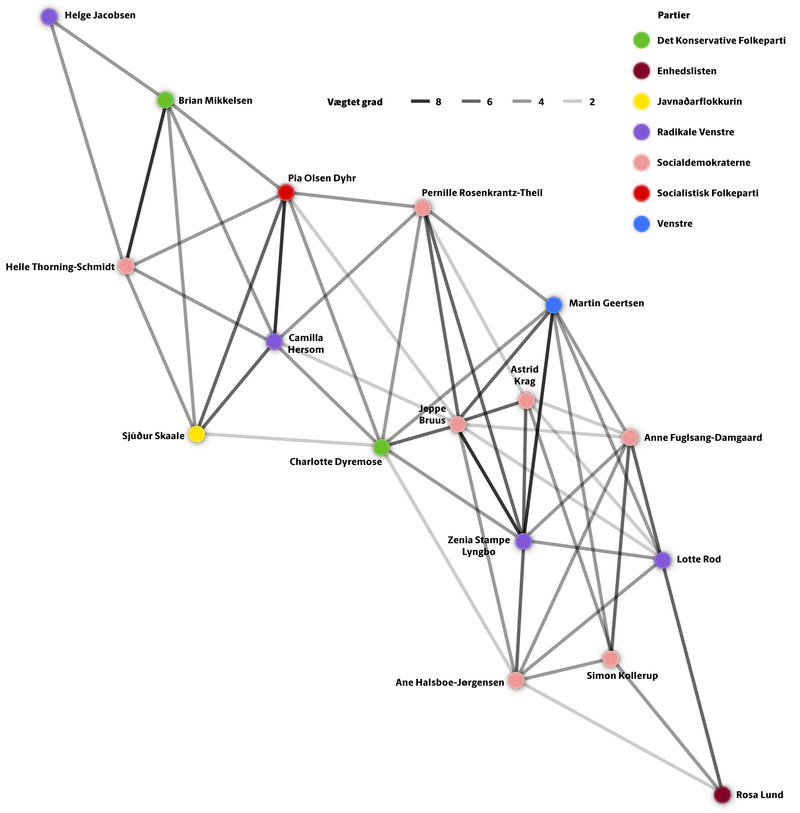Golovchenko.GitHub.io
PhD Project: Digital Disinformation
Ordinary citizens are often confronted with contradictory information about wars, international crisis and political conflicts. In my PhD project I examine the online struggle over the way citizens perceive the Ukrainian Crisis. I use digital methods to map streams of opposing information and disinformation about the international conflict.
My work is part of the Digitial Disinformation project led by my supervisor, Rebecca Adler-Nissen at the University of Copenhagen. My co-supervisor is Sune Lehmann.
Master Thesis: Conflict between Russia and Ukraine
I have written my Master’s thesis in Sociology about political engagement on Russian social networking site, Vkontakte, among citizens with affiliation to the warzone in the South Eastern Ukraine. I have used both Data mining and Machine Learning to analyze how citizens caught in the war themselves frame the Ukrainian Crisis throughout the different stages of the conflict.

Anonymous
I have been studying the “hacktivist” Anonymous movement since 2012. My interested is driven by the desire to understand new forms of global, decentralized collective action.
Currently I am researching how digital methods can help answer previously unanswered questions. In my latest project I use Facebook data and social network analysis to illustrate the vastness and global interconnectivity of the movement. The graph below is an extract that illustrates Facebook pages affiliated with the movement and their connections through likes.

You can read more about the ongoing research in my blog or in the news articles below:
Business Hack 2015

My team and I won the first prize at the Business Hack case competition at the Technical University of Denmark. During two day long hackathon we found a method to evaluate companies based on their centrality in the social network of firms. The approach is based on official, publicly available data about all registered companies in Denmark. Further information in Danish can be found through the links below:
Affiliations among Danish politicians in educational institutions
The purpose of an educational institution is to shape the worldview of the students through knowledge. Different institutions offer different knowledge, experiences, personal relations and therefore different perspective on the world. In the context of modern national states, politicians shape the world we live in through laws. However, it is often forgotten that politicians too have a life history which affects both their views and behavior. In order to understand the political processes we therefore need to examine political lives from a sociological perspective as well. I suggest that this can be done by mapping the politician’s educational background through social network analysis.
In my study of the Danish case I show that not only do 40 out of 179 Members of Parliament have a background in Political science, but a large proportion of them have been enrolled at the same department during the same time span.
The graph below shows a selected network of MP’s that have studied Political Science at University of Copenhagen. The color denotes party affiliation while line thickness represents amount of years the politicians have officially being enrolled together (though not necessarily physically co-present).

You can read the Danish news articles based on the research below or contact me for more information in English.
Berlingske: Politikerfabrikken
Berlingske: Institutleder vil gøre op med akademikervældet blandt politikere